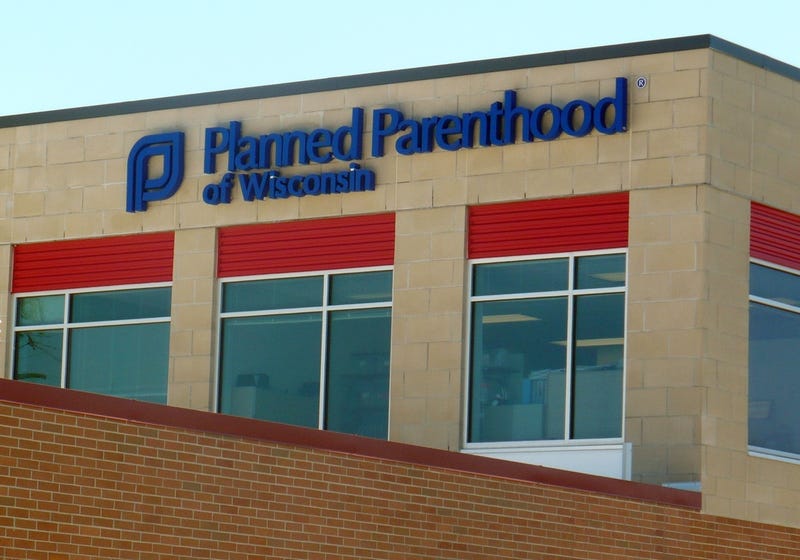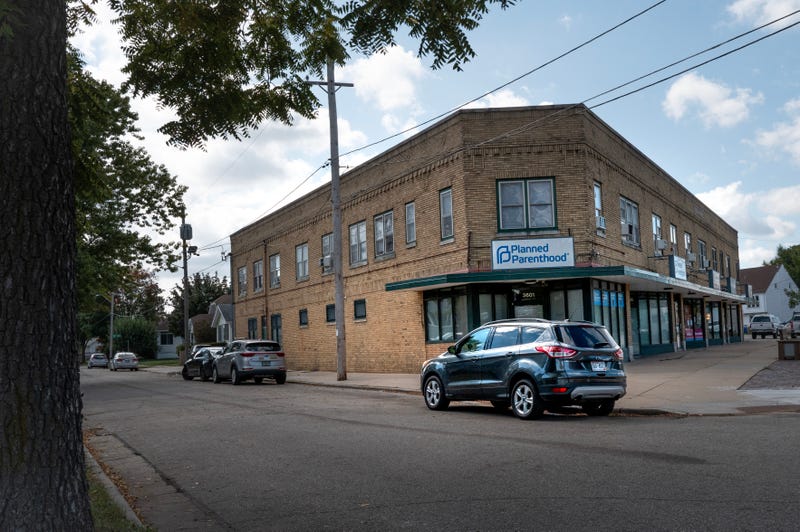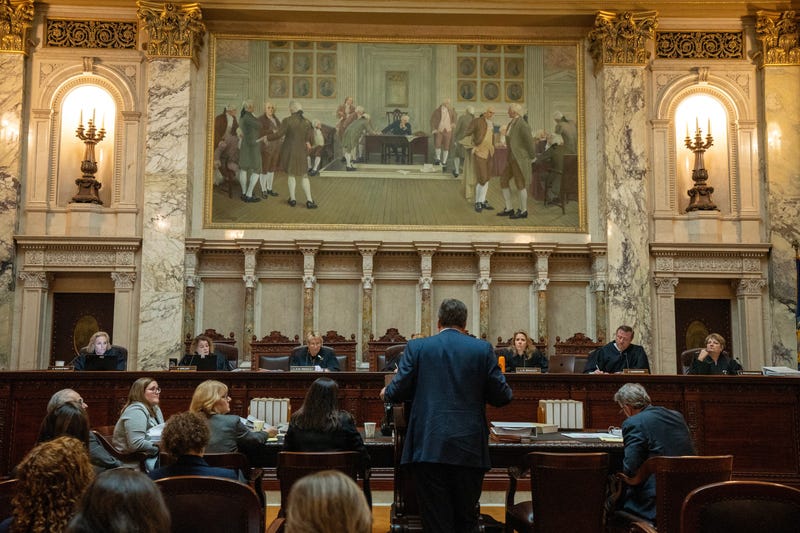
Minnesota's Planned Parenthood locations are preparing for an influx of Wisconsin patients starting this week.
The reason is Planned Parenthood of Wisconsin announced a pause in abortion services due to federal Medicaid cuts. Now, Planned Parenthood North Central States is gearing up to absorb patients in neighboring states like Minnesota according to CEO Ruth Richardson.
"Your zip code shouldn't determine your access to health care," says Richardson. "Our doors are open to patients coming from Wisconsin just as they're open to patients who have been forced to travel for abortion care from across the country."
Wisconsin is challenging the ban on Medicaid funding for non-abortion services, which could potentially close about half of its abortion providing clinics.
Richardson doubled down on her belief that abortion is "essential health care" and reiterated the organization's commitment to continuing services in states where they are legal, including Minnesota.
"Amidst the manufactured chaos of attacks on bodily autonomy and reproductive freedom, we are seeing more people traveling farther distances for vital sexual and reproductive health care," says Richardson.
The change to Medicaid funding, enacted under the Trump administration, could force the closure of roughly half of clinics that provide abortion across the U.S., severely impacting the 60% of Wisconsin's Planned Parenthood patients who rely on Medicaid.
Planned Parenthood warned of cuts
The organization has warned that about half its clinics that provide abortion could be closed due to a ban on Medicaid funding for Planned Parenthood for services other than abortion.
The measure was part of the tax and spending law Trump signed in July. Initially, a judge said reimbursements must continue, but a federal appeals court this month said the government could halt the payments while a court challenge to the provision moves ahead.
Wisconsin is part of a similar multistate federal lawsuit challenging the provision.
“It’s just fundamentally wrong to threaten critical healthcare funding,” Wisconsin Democratic Attorney General Josh Kaul said Thursday. “But unfortunately it’s consistent with what we’re seeing across the federal government.”
Planned Parenthood provides a wide range of services including cancer screenings and sexually transmitted infection testing and treatment. Federal Medicaid money was already not paying for abortion, but affiliates relied on Medicaid to stay afloat.

Wisconsin's abortion pause starts this week
Planned Parenthood of Wisconsin said in a statement that it is trying to see as many patients as possible before the pause. The federal law takes effect Wednesday. It is not scheduling patients for any type of abortion beyond that date and the organization believes the move will allow it to continue seeing other Medicaid patients. The organization said it was working with providers across the state to make sure patients are referred quickly and receive timely care.
It is also considering legal action, the group said.
“Planned Parenthood of Wisconsin will continue to provide the full spectrum of reproductive health care, including abortion, as soon and as we are able to,” Planned Parenthood of Wisconsin President and CEO Tanya Atkinson said in the statement. “In the meantime, we are pursuing every available option through the courts, through operations, and civic engagement.”
The abortion landscape has been shifting frequently since the U.S. Supreme Court ruling in 2022 that allowed states to ban abortion. Currently, 12 states do not allow it at any stage of pregnancy, with limited exceptions, and four more ban it after about six weeks’ gestation.
Illinois also expecting to see a boost in patients
The bans have resulted in more women traveling for abortion and an increased reliance on abortion pills. Prescribers in states where they’re allowed have been shipping the pills to places where abortion is banned, a practice that is facing some legal challenges and is expected to attract more.
Megan Jeyifo, executive director of the Chicago Abortion Fund, said she had an abortion in Wisconsin years ago. She called the funding cuts a “backdoor abortion ban” in Wisconsin and said she hopes Illinois will be a “beacon of access” for patients from Wisconsin.
“We will not abandon people when they need us,” she said.
Dr. Allison Cowett, medical director for Family Planning Associates, said they “anticipate a large influx of patients from Wisconsin.” Both she and Jefiyo said they expect their organizations to increase staffing in anticipation of patients traveling from Wisconsin.
“Illinois is ready and will be able to accept patients,” said Adrienne White-Faines, CEO of Planned Parenthood of Illinois. “The challenge is that this is not sustainable.”
Advocates have long described Illinois as an oasis for abortion access for swaths of the Midwest and South that ban abortion. Nearly a quarter of all out-of-state abortions took place in Illinois in 2024, according to the Guttmacher Institute, which supports abortion access. About 35,000 patients traveled to Illinois for an abortion last year, accounting for 39% of all abortions in the state, according to the report.
Planned Parenthood performed 3,727 abortions in Wisconsin between Oct. 1, 2023, and Sept. 30, 2024, the group said.

Wisconsin's long legal fight over abortions
The Wisconsin Supreme Court in July struck down the state's 1849 near-total ban on abortion, saying it was superseded by newer state laws regulating the procedure.
Wisconsin's abortion ban was nullified in 1973, when the U.S. Supreme Court decision in Roe v. Wade legalized abortion nationwide. Legislators never officially repealed it, however, and conservatives argue that the U.S. Supreme Court's ruling in 2022 reactivated it.
Planned Parenthood of Wisconsin stopped providing abortions after that ruling for 15 months before resuming them as the lawsuit over the state law played out. It has been providing abortions at three clinics in Wisconsin for the past two years.
Affiliated Medical Services and Care for All also provide abortions at clinics in Milwaukee.
Planned Parenthood of Wisconsin serves about 50,000 people, and about 60% of them are covered by Medicaid, the organization said.
The Associated Press contributed to this story.
